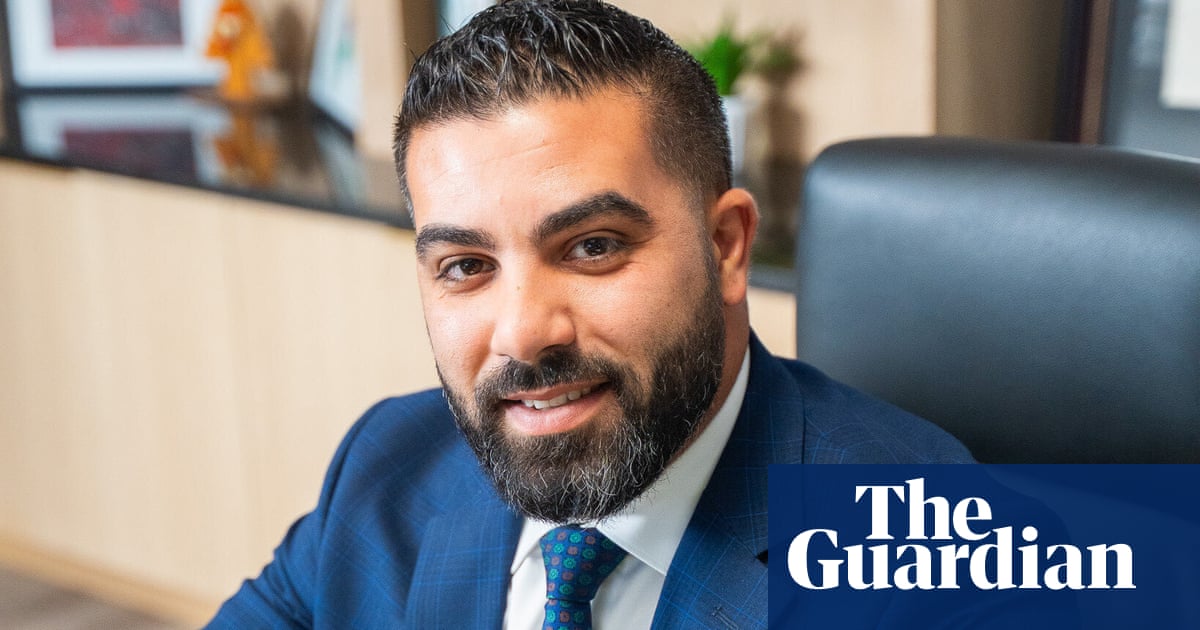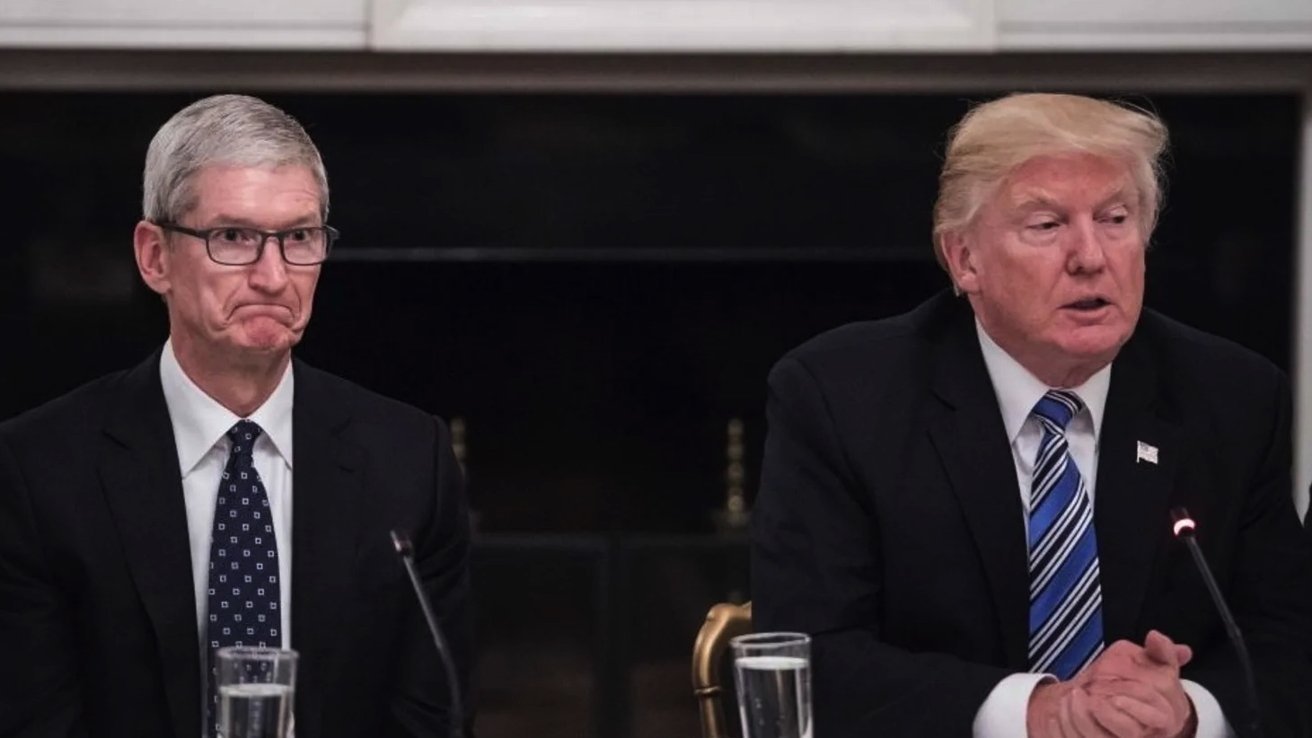Amir Makled thought he was being racially profiled. A Lebanese American who was born and raised in Detroit, the attorney was returning home from a family vacation in the Dominican Republic when he said an immigration official at the Detroit Metro airport asked for a “TTRT” agent after scanning his passport on Sunday. Makled said the expression on the agent’s face changed. He felt something “odd” was happening.
“So I Googled what TTRT meant. I didn’t know,” Makled said. “And what I found out was it meant Tactical Terrorism Response Team. So immediately I knew they’re gonna take me in for questioning. And that’s when I felt like I was being racially profiled or targeted because I am Arab.”
But it quickly became apparent, Makled said, that the stop was different from the type of so-called random stop Muslims and Arab-Americans have become accustomed to at US airports. The plainclothes immigration officer said he knew who Makled was and what he did for a living, according to the lawyer; agents wanted to search his phone.
“They made it clear right off the top: ‘We know that you’re an attorney and we know that you’re taking on some higher-profile cases.’ I was like, ‘OK, well, what do you want from me?’” Makled recalled.
Among the high-profile cases Makled has taken on recently: a pro-Palestinian student protester who was arrested at a demonstration at the University of Michigan.
“To me, there’s a clear correlation when you think about what’s been happening with all the student protesters across the country and the very explicit direction from the current administration about looking into attorneys who are taking on cases for people seeking asylum or these major law firms in Washington that he issued executive orders on,” he said. In the past few months, the Trump administration has set its sights on people protesting against Israel’s ongoing attacks on Gaza. The administration has detained and attempted to deport student protesters who are in the US on visas and revoked the visas of more than 600 students, some in explicit retaliation for activism. Donald Trump has simultaneously signed executive orders that take aim at major law firms that have previously represented clients who opposed some of the president’s interests by stripping them of their access to federal buildings.
On top of that, device searches at US ports of entry are legally permissible under existing case law in most places. Fourth amendment protections provided by the US constitution, which guard against “unreasonable search and seizure”, are weaker at the US border.
The officers never explained to him what they were looking for or why he was being stopped, according to Makled. They told the lawyer that he could either unlock his phone voluntarily or that they would confiscate it and look through it themselves, he said.
Makled, who has been an attorney since 2012, uses his phone to speak to his clients. He told the officer much of the information on his device was privileged and that he would not hand it over. Agents asked him to write down what was privileged so they could look at other information on his device, he said, and he refused. After consulting with a supervisor, the official returned and said that he planned to take away Makled’s device unless the lawyer gave up the list of contacts on it. Makled felt he had no choice but to acquiesce.
“Because they kept telling me they were just going to take the device,” he said. “And I didn’t want that to happen. I needed my device.”
After downloading and then browsing his contacts, the immigration official asked Makled about five or six specific names. He refused to divulge any more information. He was eventually allowed to go home.
Customs and Border Protection (CBP) told the Guardian that Makled’s account was “blatantly false and sensationalized”. According to the agency, the attorney underwent a routine, 90-minute secondary inspection that any traveler might face. Makled provided written consent for “a limited search” of his phone, which was “conducted in accordance with established protocols”, CBP assistant commissioner Hilton Beckham said.
“He was then promptly released. Claims that this was an attack on his profession or were politically motivated are baseless. Our officers are following the law, not agendas,” Beckham said.
‘The fourth amendment goes away’
Sophia Cope, a senior staff attorney at the digital rights group Electronic Frontier Foundation, called the search of Makled’s phone “outrageous”.
after newsletter promotion
“CBP or [the Department of Homeland Security] could not show up at this attorney’s office and say: ‘give me your contact list’ without a warrant,” Cope said. “That would be completely illegal. But because this guy is at the border, and they want it for potentially just domestic monitoring and enforcement, somehow now the fourth amendment goes away.”
Both citizens and non-citizens entering the US are potentially subject to having their phones searched at the border. Fourth amendment protections, which guard against “unreasonable search and seizure”, have been weakened at US points of entry. CBP’s role is to stop people or goods that could pose a threat to the US from entering the country. In the case of US citizens, CBP may pull a traveler whom agents have security concerns about – anything from drug or sex trafficking to espionage concerns – but must ultimately admit them into the country, Cope said.
However, there have been many recent cases of CBP pulling a US citizen about whom they have no border security concerns into a secondary screening at the behest of other federal agencies, Cope said. The FBI, for example, has in the past asked CBP to put flags on people’s travel profiles so that when they cross the border they are pulled into secondary inspection, she said.
“That may be because the person is under domestic investigation themselves or because the traveler is associated with somebody who’s under investigation and the government’s just trying to get around the warrant requirement,” Cope said.
Cope said that, based on the existing information, it doesn’t appear Makled’s stop was routine. “If they tell him: ‘We know you’re a lawyer,’ and then this terrorism flag popped up, that’s not routine, that’s pre-planned,” Cope said.
CBP has access to a vast array of databases through which agents can gain access to personal information about individuals who are traveling into or out of the US. One of these repositories may have contained a “lookout” designation for Makled, a flag on his file that can lead to a secondary screening. Those “lookouts” can remain on a person’s file as long as CBP deems them “pertinent”, according to documents revealed in a 2019 case in Massachusetts federal court.
When Makled was finally released around two hours after he was first detained, he asked the official if he should expect to be stopped every time he traveled abroad.
“He’s like, ‘You might be stopped next time,’” Makled said. “You might not. It depends on the agent that’s working.”










